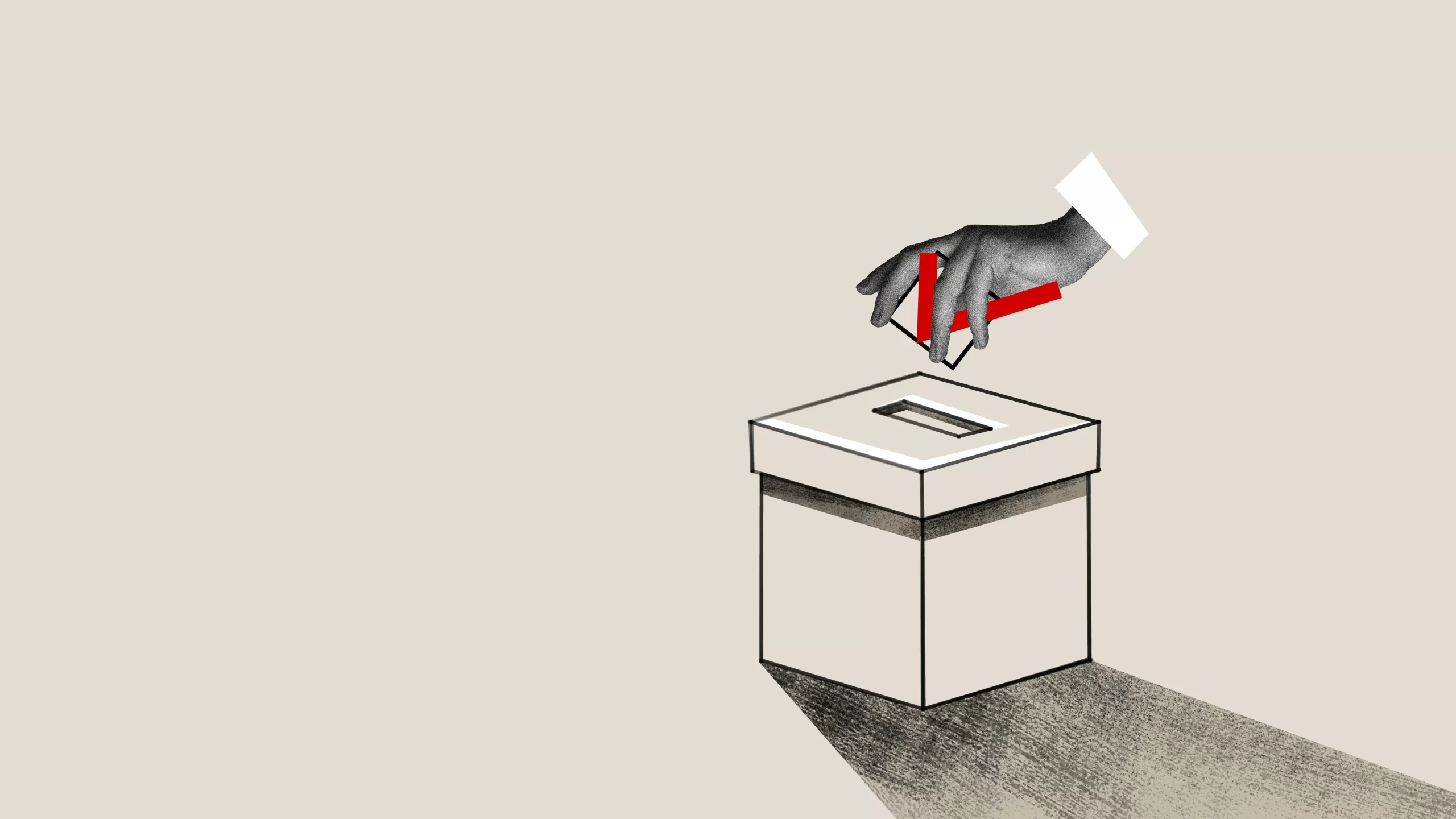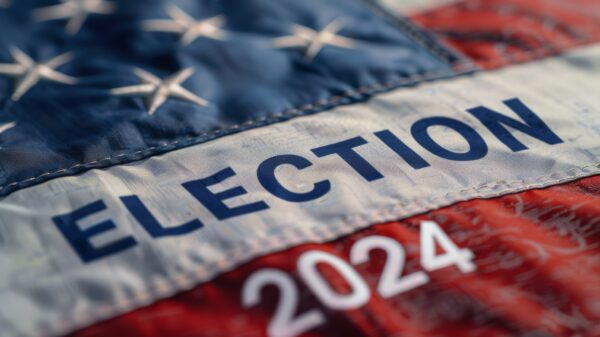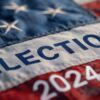|
Getting your Trinity Audio player ready...
|
Artificial intelligence (AI) has brought significant advancements to various sectors, but its integration into electoral processes has raised concerns regarding its potential negative effects. As countries worldwide deal with the challenges of AI-powered electoral technologies, several crucial issues have emerged that could compromise the fairness and integrity of democratic elections.
AI’s ability to harness big data for voter influence is a double-edged sword. It can streamline communication with voters through personalized interactions, offering real-time information on polling locations, candidate platforms, and voting procedures. However, AI also introduces significant risks such as misinformation and disinformation, cybersecurity threats, and bias in decision-making.
AI-driven technologies can amplify misinformation and disinformation campaigns. Advanced AI can generate convincing deepfakes and manipulate media content, blurring the lines between truth and falsehood. This undermines the integrity of political discourse and erodes public trust in electoral processes.
The capability of AI to launch sophisticated cyberattacks poses serious threats to electoral infrastructure. From hacking voting systems to manipulating voter registration databases, AI-driven cyber threats jeopardize the confidentiality and accuracy of election results. Additionally, the widespread use of AI in electoral campaigns involves collecting and analyzing large amounts of voter data, giving rise to substantial privacy concerns. Sensitive personal information can be misused by political entities or malicious actors.
Despite their sophistication, AI algorithms are not immune to biases inherent in the data they are trained on. In the election process, this could manifest as biased algorithms that unfairly impact specific demographic groups, potentially leading to voter suppression. These algorithms can unfairly influence voter behavior, highlighting the need for clear ethical guidelines and careful oversight to ensure responsible AI use.
AI algorithms that optimize campaign strategies based on voter preferences may unintentionally strengthen political extremes. By categorizing voters into increasingly narrow demographic groups, AI could worsen societal divisions and diminish opportunities for constructive dialogue and compromise. This polarization undermines the democratic ideal of inclusive governance and consensus-building across diverse perspectives.
Addressing the adverse effects of AI in electoral processes requires strong regulatory frameworks and ethical guidelines. Current laws and regulations often trail technological advancements, leaving electoral systems vulnerable to exploitation and manipulation. Ethical considerations, such as transparency in AI decision-making processes and accountability for algorithmic outcomes, are crucial for maintaining and restoring public trust in democratic institutions. This is a pressing issue that demands immediate attention.
While AI has the potential to improve efficiency and engagement in electoral processes, its negative effects cannot be overlooked. From manipulation and bias to privacy risks and polarization, the unregulated use of AI technologies poses significant threats to the fairness and integrity of democratic elections. Policymakers, election officials, and civil society must work together to mitigate these risks and ensure that AI is used responsibly to uphold democratic principles and safeguard electoral integrity in the digital age.






















































